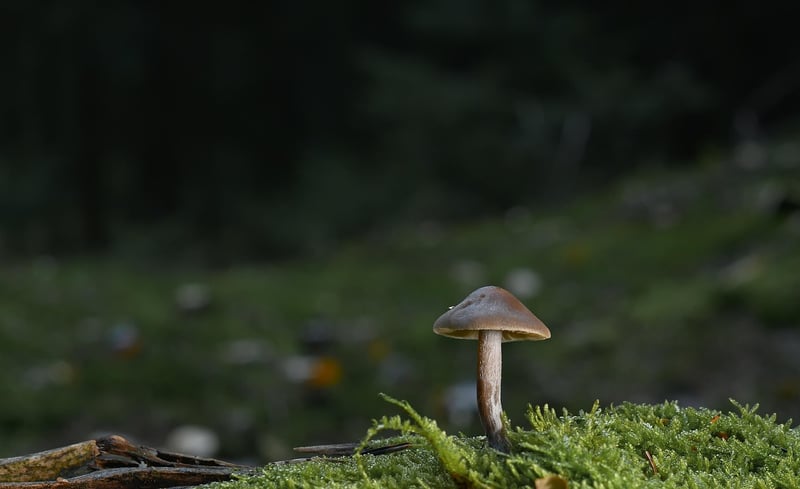Fungal Prevention
Protecting Your Plants: Tips for Fungal Prevention
Fungal diseases can wreak havoc on your beloved plants, causing wilting, discoloration, and even death if left untreated. To safeguard your garden from these threats, it's essential to understand how to prevent fungal infections effectively. Here are some tips to help you protect your plants and keep them healthy:
1. Choose Resistant Varieties
When planning your garden, opt for plant varieties that are known to be resistant to common fungal diseases in your area. Resistant plants are less likely to succumb to infections, reducing the need for chemical treatments.
2. Proper Plant Spacing
Adequate spacing between plants is crucial for good air circulation. Proper airflow helps to keep the foliage dry, making it less hospitable to fungal spores. Avoid overcrowding plants to minimize the risk of fungal growth.
3. Water Wisely
Water your plants early in the day to allow the leaves to dry before evening. Wet foliage overnight creates a conducive environment for fungal diseases to thrive. Use a soaker hose or drip irrigation to water the base of plants and avoid wetting the leaves.
4. Mulch Mindfully
Use organic mulch to suppress weeds and retain soil moisture, but be cautious not to pile it up against plant stems. Excessive mulch can trap moisture against the plants, promoting fungal growth. Maintain a thin layer of mulch around your plants instead.
5. Practice Crop Rotation
Rotate your crops each season to prevent the buildup of soilborne pathogens. Planting the same species in the same location year after year increases the risk of fungal infections. Rotate your plantings to disrupt the life cycle of pathogens and minimize disease pressure.
6. Monitor Your Plants
Regularly inspect your plants for any signs of fungal infection, such as yellowing leaves, powdery mildew, or unusual spots. Early detection allows for prompt intervention, whether through pruning affected parts or applying organic fungicides.

7. Use Organic Fungicides
If fungal diseases persist despite preventive measures, consider using organic fungicides to control the spread. Options like neem oil, copper fungicide, and baking soda solutions can help manage fungal infections while minimizing harm to beneficial insects and the environment.
8. Clean Garden Tools
Sanitize your garden tools after each use to prevent the transfer of fungal spores between plants. Dip tools in a solution of 1 part bleach to 9 parts water or use rubbing alcohol to disinfect them thoroughly. Clean tools help maintain a healthy garden environment.
9. Remove Infected Plant Debris
Promptly remove any infected plant debris from your garden to prevent the spread of fungal spores. Prune affected leaves or branches and dispose of them in the trash rather than composting. Regularly cleaning up your garden helps reduce the risk of fungal infections.
10. Seek Professional Advice
If you're struggling to manage fungal diseases in your garden, don't hesitate to seek advice from local gardening experts or extension services. They can provide tailored recommendations based on your specific plant varieties and environmental conditions.
By implementing these preventative measures and staying vigilant, you can protect your plants from fungal infections and enjoy a thriving, healthy garden all season long.
